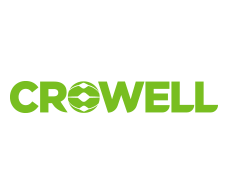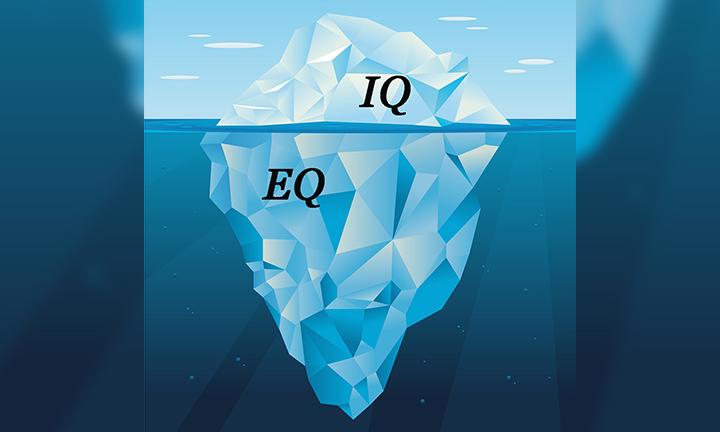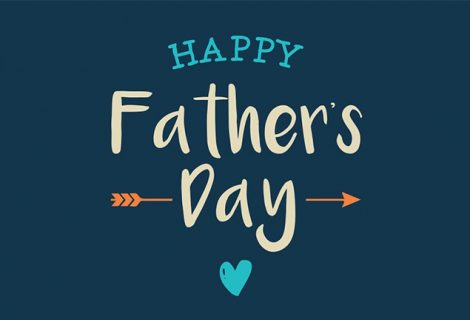EQ MORE VALUABLE THAN IQ
“Emotional Intelligence is the most important, yet least taught skill in education.” Fred Crowell.
One of the many benefits of going on vacation is think time. No cell phone, no race horse living. Lots of think time.
My mind during vacation is like a farmer tilling acres of soil. My tiling field is often EQ (emotional intelligence), the single most important life skill to master. EQ has been proven to be a far greater predictor of success than IQ. Some universities place greater value on EQ than IQ scores.
Empirical data is my favorite type of research. I find truth in the reality of life experience, whereas some find it in the ivory towers of higher education. Though I regret not being able to pursue a doctorate in clinical psychology, I cherish my double doctorate degrees in The School of Hard Knocks and Never Quit University.
My research lab, visiting with people at the swimming pool. I asked a high-level executive who meets with CEOs of major companies this question, “In your life experience, how many people out of 1,000 have exceptional EQ?” After thoughtful contemplation, she said, “one!“
Later in the day, my son-in-law, Dr. Shann Ferch (Doc) and I talked in length about EQ.
I shared with Shann that the best teacher my wife Susie and I had in our life, Dr. Howard Hendricks, told our class in 1968 that his research revealed, 94 out of 100 marriages were unhappy after 30 years. I then asked Shann the same question. Shann estimated 60 out of 1,000 people have exceptional EQ. Doc gave a higher score because his experience is with more people committed to EQ development.
This led me to ask Shann, a clinical psychologist expert in servant leadership & forgiveness, who has been a successful therapist for over 20 years, “Why are there so few skilled people in the area of emotional intelligence?” The wise father of my three amazing granddaughters said, “The ways you develop a high level of EQ, emotional intelligence is:
- You inherited it from your parents if they have it, (which most don’t.)
- Have a mentor who teaches you EQ over an extended period of time.
- Seek professional counseling under a skilled master of EQ.
- Make a personal commitment to study, learn, and practice EQ success principles.”
Doc went on to say, “If you have not experienced one, or more, of these four ways to develop a high level of EQ, it is likely your EQ is lacking.”
Often, I am astonished at the lack of emotional intelligence I see in my world. Too many basketball coaches leave me amazed as I watch them interact with their players. In my years as a counselor to families, I have been shocked to see the absence of an emotional connection between parents and children. Surely, high EQ is a conscious level commitment. Selection of a wise mentor is paramount in my book.
I confess, my saving grace is that I have discovered what Paul learned and so effectively communicated in his book to the Corinthians. “My grace is sufficient for you, for my power is made perfect in weakness. Therefore I will boast all the more gladly about my weaknesses, so that Christ’s power may rest on me.” – 2 Corinthians 12:9
My hope for you, my dear readers, and for me as well, is that at the end of 2017, our EQs will have a higher score. It won’t happen unless we act upon one of Dr. Ferch’s four ways to develop EQ. My choice is #2. What is your choice?








